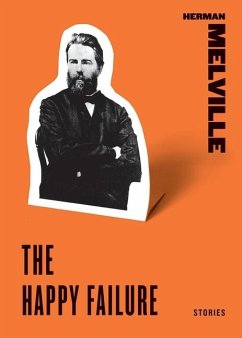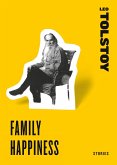Herman Melville (August 1, 1819 - September 28, 1891) was an American novelist, writer of short stories, and poet from the American Renaissance period. The bulk of his writings was published between 1846 and 1857. Best known for his whaling novel Moby-Dick (1851), he is also legendary for having been forgotten during the last thirty years of his life. Melville's writing is characteristic for its allusivity. "In Melville's manipulation of his reading", scholar Stanley T. Williams wrote, "was a transforming power comparable to Shakespeare's". Born in New York City, he was the third child of a merchant in French dry-goods, with Revolutionary War heroes for grandfathers. Not long after the death of his father in 1832, his schooling stopped abruptly. After having been a schoolteacher for a short time, he signed up for a merchant voyage to Liverpool in 1839. A year and a half into his first whaling voyage, in 1842 he jumped ship in the Marquesas Islands, where he lived among the natives for a month. His first book, Typee (1846), became a huge best-seller, which called for a sequel, Omoo (1847). The same year Melville married Elizabeth Knapp Shaw; their four children were all born between 1849 and 1855. In August 1850, having moved to Pittsfield, Massachusetts, he established a profound friendship with Nathaniel Hawthorne, though the relationship lost intensity after the latter moved away. Moby-Dick (1851) did not become a success, and Pierre (1852) put an end to his career as a popular author. From 1853 to 1856 he wrote short fiction for magazines, collected as The Piazza Tales (1856). In 1857, while Melville was on a voyage to England and the Near East, The Confidence-Man appeared, the last prose work published during his lifetime. From then on Melville turned to poetry. Having secured a position of Customs Inspector in New York, his poetic reflection on the Civil War appeared as Battle-Pieces and Aspects of the War (1866). In 1867 his oldest child Malcolm died at home from a self-inflicted gunshot. For the epic Clarel: A Poem and Pilgrimage in the Holy Land (1876) he drew upon his experience in Egypt and Palestine from twenty years earlier. In 1886 he retired as Customs Inspector and privately published some volumes of poetry in small editions. During the last years of his life, interest in him was reviving and he was approached to have his biography written, but his death in 1891 from cardiovascular disease subdued the revival before it could gain momentum. Inspired perhaps by the growing interest in him, in his final years he had been working on a prose story one more time and left the manuscript of Billy Budd, Sailor, which was published in 1924.
Hinweis: Dieser Artikel kann nur an eine deutsche Lieferadresse ausgeliefert werden.
Hinweis: Dieser Artikel kann nur an eine deutsche Lieferadresse ausgeliefert werden.









